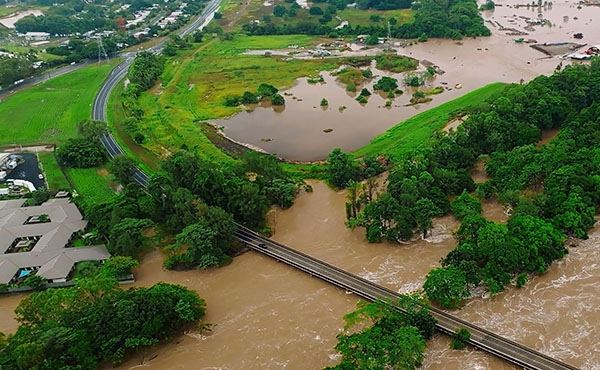The Reef is undergoing significant social, economic and environmental change. Cumulative impacts from climate change, land-based runoff, coastal development and direct use can threaten the Region’s natural, Indigenous and other heritage values. Each of these 4 factors is assessed in terms of its impact on ecological, heritage, economic and social values. Understanding of the impacts (and trend in impacts) of these factors has continued to improve since 2019.
The main drivers of these pressures are economic and population growth. Societal attitudes can underpin social values and the way in which people interact with and value the Reef. Understanding changes in these attitudes can help to shape management approaches. Drivers of change can also lead to positive changes; for example, commitments to large-scale renewable energy by Australian and Queensland governments are driving infrastructure in the Region and will likely contribute to reducing greenhouse gas emissions. Technological developments are further leading to new ways to understand, monitor and manage the Reef’s ecosystem.


